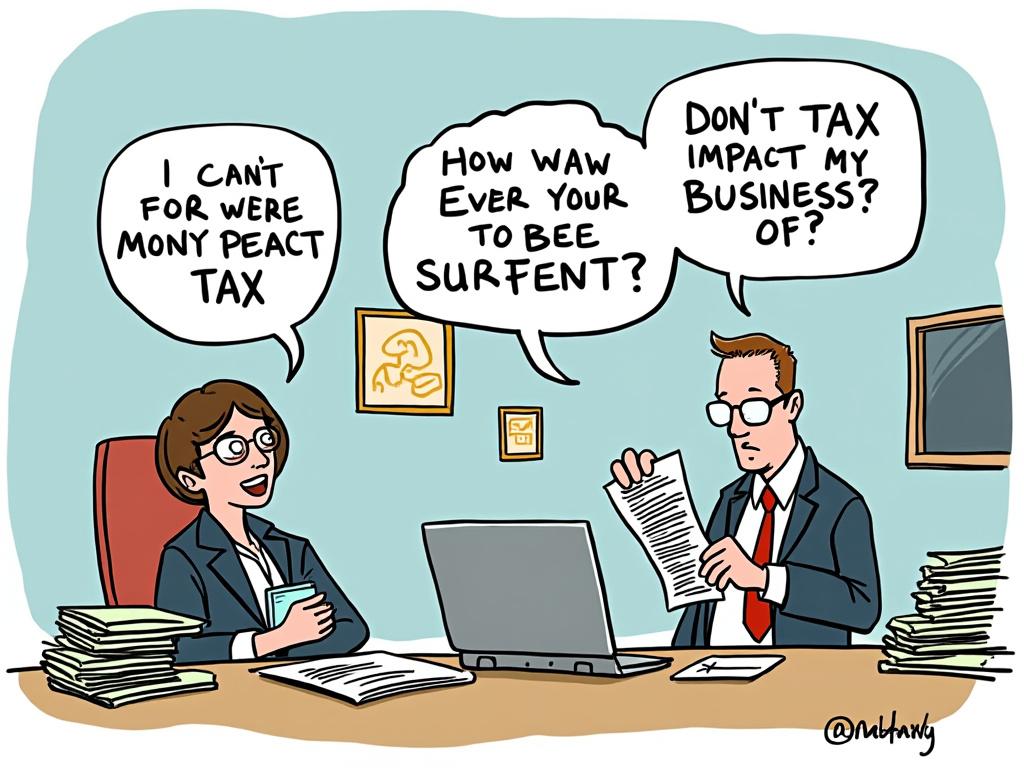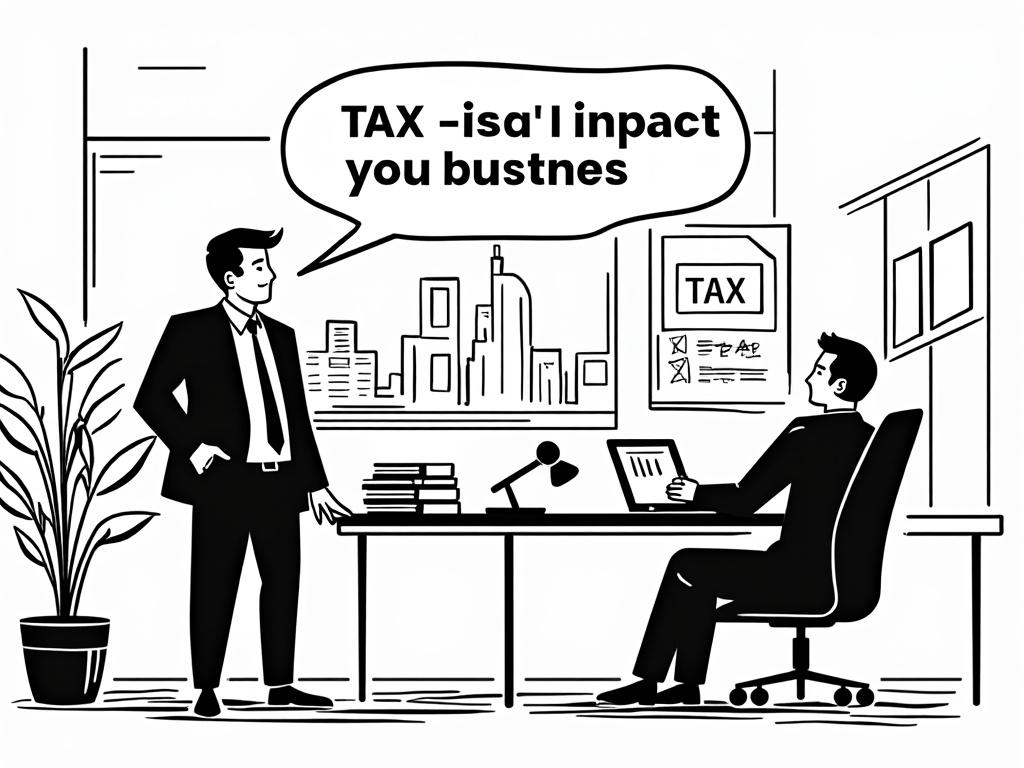
Greece’s Tourist Tax Surge: How the 2025 Increases Are Reshaping the Hospitality Landscape
Reading time: 12 minutes
Ever wondered how a seemingly small policy change could send ripples through an entire industry? Greece’s decision to significantly increase tourist taxes in 2025 has created exactly that scenario. Let’s dive into the real-world impact on hotels, restaurants, and tourism operators across the Greek islands and mainland.
Table of Contents
- The 2025 Tax Changes: What’s Really Different
- Immediate Industry Reactions and Adaptations
- Regional Disparities: Islands vs. Mainland
- How Tourist Behavior Is Shifting
- Real Stories from the Front Lines
- Survival Strategies: What’s Working
- Charting Your Course Through Change
- Frequently Asked Questions
The 2025 Tax Changes: What’s Really Different
Greece’s tourist tax isn’t new—it was introduced in 2018. But 2025 brought a game-changing increase that has hospitality operators scrambling to adapt. The tax now ranges from €0.50 per night for budget accommodations to a staggering €15 per night for luxury hotels during peak season.
Here’s the breakdown that’s causing all the commotion:
2025 Tourist Tax Rates (per room, per night)
The kicker? These rates can double during peak summer months (July-August) and on popular islands like Mykonos and Santorini. For a family of four staying seven nights at a luxury resort in Santorini during August, we’re talking about an additional €420—roughly the cost of a week’s car rental.
Immediate Industry Reactions and Adaptations
The hospitality industry’s response has been swift and varied. Some operators are absorbing the cost to maintain competitive pricing, while others are passing it directly to guests. The result? A pricing landscape that’s more complex than ever.
Revenue vs. Occupancy: The New Balancing Act
Maria Konstantinos, who manages three boutique hotels in Crete, puts it bluntly: “We’re seeing a 15% drop in advance bookings compared to 2024, but our revenue per available room is actually up 8% because we’ve adjusted our base rates strategically.”
This reflects a broader industry trend where properties are choosing quality over quantity—fewer guests paying higher rates rather than packed hotels with razor-thin margins.
| Accommodation Type | Occupancy Change (%) | Revenue Change (%) | Guest Satisfaction |
|---|---|---|---|
| Budget Hotels (1-2 Star) | -8% | +2% | Stable |
| Mid-Range Hotels (3-4 Star) | -12% | +5% | Improving |
| Luxury Resorts (5 Star+) | -18% | +12% | Enhanced |
| Vacation Rentals | -5% | +15% | Mixed |
| Boutique Properties | -15% | +8% | Improving |
The Pricing Transparency Challenge
One of the biggest headaches has been communication. Guests are increasingly frustrated by “surprise” taxes that weren’t clearly disclosed during booking. Smart operators are now building the tax into their advertised rates and marketing this as “all-inclusive pricing.”
Dimitris Papakostas from the Hellenic Hotel Federation notes: “Properties that embrace transparency are actually seeing improved guest satisfaction scores. Nobody likes hidden fees, but when you’re upfront about costs, guests appreciate the honesty.”
Regional Disparities: Islands vs. Mainland
Not all Greek destinations are feeling the pinch equally. The impact varies dramatically based on location, target market, and existing tourism infrastructure.
Island Paradise or Pricing Purgatory?
Popular islands like Mykonos and Santorini, where luxury tourism dominates, are weathering the storm better than expected. Why? Their target demographic—affluent international travelers—is less price-sensitive to a €10-15 daily tax when they’re already spending €500+ per night on accommodation.
Conversely, family-oriented destinations like Crete and Rhodes are seeing more significant shifts in booking patterns. Families planning week-long stays are now factoring an additional €100-200 into their budgets, leading many to:
- Shorten their stays by 1-2 nights on average
- Downgrade accommodation from 4-star to 3-star properties
- Explore alternative destinations in Turkey, Croatia, or Cyprus
Mainland Greece: The Unexpected Winner
Athens and Thessaloniki are experiencing a surprising boost. With lower tax rates for city hotels and no seasonal multipliers, mainland destinations are attracting budget-conscious travelers who might have previously headed straight to the islands.
Many visitors are now adopting a “split strategy”—spending 3-4 days exploring Athens or Delphi before heading to the islands for a shorter beach holiday. This trend is breathing new life into mainland tourism infrastructure that has long played second fiddle to island destinations.
How Tourist Behavior Is Shifting
The tax increase has triggered fascinating changes in how visitors plan and experience their Greek holidays. Let’s examine three key behavioral shifts that are reshaping the industry.
The “Value Engineering” Phenomenon
Guests are becoming sophisticated value engineers, calculating the total cost per experience rather than just per night. A €200/night hotel with a €15 tax feels very different from a €180/night hotel with a €10 tax—even though the difference is minimal.
This has led to the rise of “tax-optimized” itineraries where travelers:
- Book fewer nights at premium properties
- Mix hotel stays with vacation rentals
- Time their visits to avoid peak season multipliers
The Experience Investment Shift
Interestingly, while tourists are more conscious of accommodation taxes, they’re not cutting back on experiences. Restaurant spending, tours, and activities are actually up 12% year-over-year, suggesting that visitors are redirecting their budgets rather than reducing them.
For many property owners and those looking to buy house in greece for investment purposes, this presents both challenges and opportunities in the evolving tourism landscape.
Real Stories from the Front Lines
Case Study 1: The Boutique Pivot in Paros
Elena Stavros owns “Aegean Dreams,” a 12-room boutique hotel on Paros. When the new tax rates hit, she faced a choice: absorb the €6 per night tax or risk losing price-sensitive guests.
Her solution was creative: she kept room rates the same but introduced “island experience packages” that bundle the tax with exclusive perks—private sunset tours, cooking classes, or beach club access. The result? Occupancy down 10%, but revenue up 18% and guest satisfaction scores at an all-time high.
“Instead of fighting the tax, I made it part of the experience story,” Elena explains. “Guests now see value in what they’re paying for, not just an arbitrary government fee.”
Case Study 2: The Chain Reaction in Rhodes
A major international hotel chain with three properties in Rhodes took a different approach. They absorbed the tax increase for loyalty program members while charging it separately to other guests. This strategy has:
- Increased loyalty program sign-ups by 340%
- Improved guest retention rates by 25%
- Created a clear value proposition for repeat visitors
The trade-off? Lower profit margins in the short term, but stronger brand loyalty and higher lifetime customer value.
Case Study 3: The Vacation Rental Opportunity
Kostas Dimitriou manages 15 vacation rental properties across Mykonos. While hotels struggle with the new tax structure, vacation rentals face the same flat rates regardless of property value. This has created a significant competitive advantage.
His €300/night luxury villa now costs the same €4 tourist tax as a basic €80/night apartment. The result? Bookings for high-end vacation rentals are up 25%, while budget hotel alternatives struggle.
Survival Strategies: What’s Working
The hospitality operators thriving in this new environment share common strategies. Here are the most effective approaches we’ve identified:
Strategy 1: Bundle and Blur
Successful properties are bundling the tourist tax with other fees or services, making it less visible and more palatable. Examples include:
- Resort fees that include WiFi, gym access, and tourist tax
- Welcome packages with local products and tax coverage
- Transportation bundles that include airport transfers and city taxes
Strategy 2: Seasonal Positioning
Smart operators are using the tax structure to their advantage by promoting shoulder season travel. A May or September stay now offers significantly better value than peak summer, creating new opportunities for revenue distribution throughout the year.
Strategy 3: Experience Premium
Properties that focus on unique, Instagram-worthy experiences are finding guests less sensitive to additional costs. When your hotel offers exclusive access to hidden beaches or private archaeological tours, a €15 tax becomes a minor component of a €2,000 vacation.
Common Pitfalls to Avoid
Not every approach works. Here are the strategies that consistently backfire:
- Hidden Tax Revelation: Surprising guests with taxes at check-in destroys trust and generates negative reviews
- Across-the-Board Price Increases: Simply raising all rates to cover taxes without adding value leads to customer defection
- Competing Purely on Price: A race to the bottom rarely ends well in the hospitality industry
Charting Your Course Through Change
As Greece’s hospitality industry navigates these turbulent waters, successful adaptation requires both strategic thinking and tactical agility. The operators who will thrive aren’t those who resist change, but those who transform challenges into competitive advantages.
Your 90-Day Action Plan:
- Week 1-2: Audit Your Current Position – Calculate exact tax impact on different guest segments and booking patterns
- Week 3-6: Redesign Your Value Proposition – Bundle services, create experience packages, or develop loyalty incentives that offset tax concerns
- Week 7-10: Test and Measure – Implement changes with A/B testing across different marketing channels and guest segments
- Week 11-12: Scale What Works – Double down on successful strategies while pivoting away from ineffective approaches
The broader implications extend beyond individual properties. Greece’s tourism tax experiment is being closely watched across Europe, with Spain, Portugal, and Italy considering similar increases. Understanding how to thrive under these conditions isn’t just about surviving 2025—it’s about building resilience for the regulatory reality of sustainable tourism.
The question isn’t whether these changes will continue, but how quickly you can adapt your business model to turn regulatory challenges into competitive opportunities. Are you ready to transform tax burden into value proposition?
Frequently Asked Questions
How are guests responding to the new tax rates in practice?
Guest responses vary significantly by market segment. Luxury travelers (spending €400+ per night) largely absorb the additional cost without changing behavior, while budget-conscious families are either shortening stays or choosing lower-category accommodations. The key insight is that transparency matters more than the absolute amount—guests who understand the tax upfront are more accepting than those surprised at check-in.
Which accommodation types are performing best under the new tax structure?
Vacation rentals and boutique properties with strong experience offerings are outperforming traditional mid-range hotels. Vacation rentals benefit from flat tax rates regardless of property value, while boutique properties successfully bundle taxes into premium experience packages. Large chain hotels are adapting through loyalty programs and operational efficiencies, but mid-range independent hotels face the greatest pressure.
What should property investors know about the tax impact on ROI?
The tax impact on investment returns depends heavily on property positioning and management strategy. Luxury properties maintaining occupancy see minimal ROI impact (1-2% reduction), while mid-range properties might see 5-8% ROI decline without strategic adaptation. The most successful investors are those repositioning properties to capture higher-value guests or developing tax-efficient operational models like short-term rental portfolios.

Article reviewed by Victor Moreau, Timberland & Natural Resources | Sustainable Asset Monetization, on June 4, 2025
